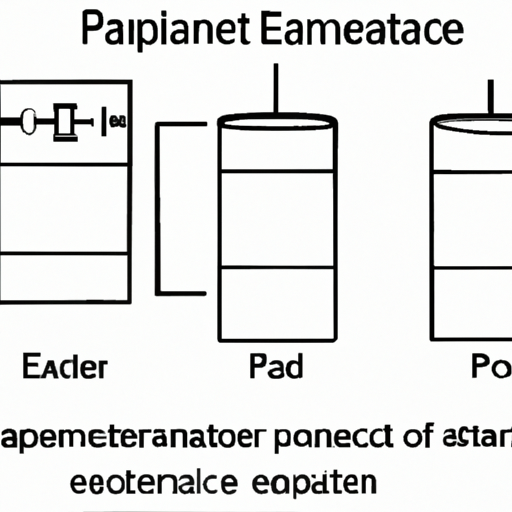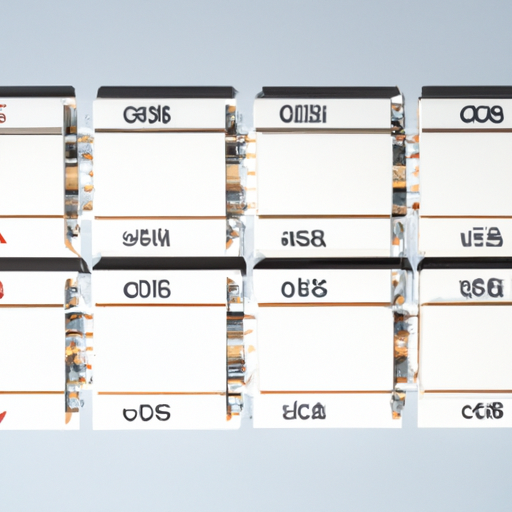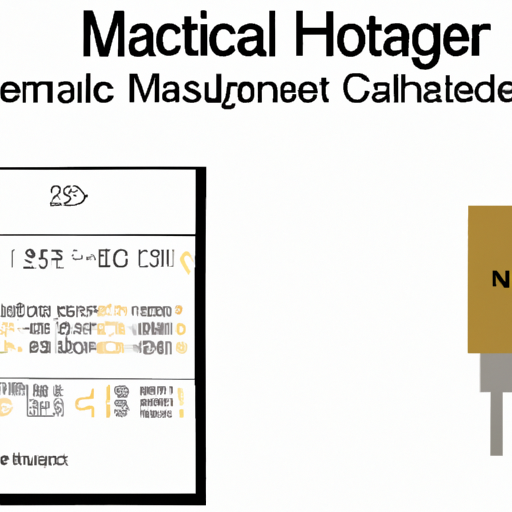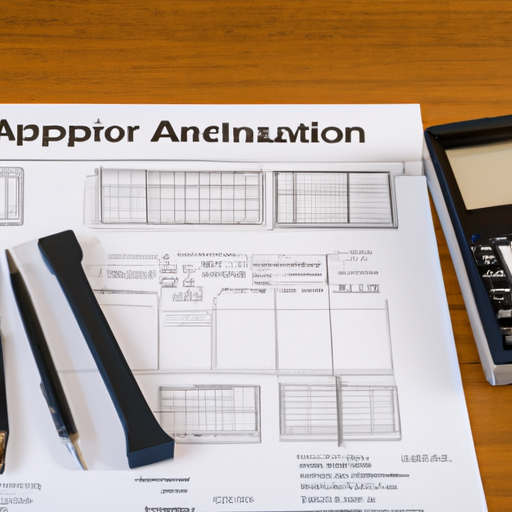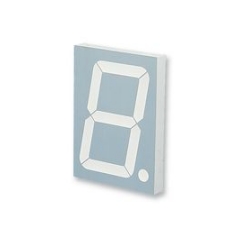What are the product standards for three-phase capacitors?
What are the Product Standards for Three-Phase Capacitors?
I. Introduction
Three-phase capacitors are essential components in electrical systems, particularly in industrial and commercial applications. They play a crucial role in improving power factor, stabilizing voltage, and enhancing the overall efficiency of electrical systems. As with any electrical component, product standards are vital to ensure safety, reliability, and performance. This article aims to provide a comprehensive overview of the product standards for three-phase capacitors, highlighting their importance, key regulations, testing processes, compliance considerations, and future trends.
II. Understanding Three-Phase Capacitors
A. Explanation of Three-Phase Systems
1. Definition of Three-Phase Power
Three-phase power is a type of electrical power distribution that uses three alternating currents (AC) that are offset in phase by 120 degrees. This system is widely used in industrial and commercial settings due to its efficiency in transmitting electricity over long distances. It provides a constant power supply, which is essential for running heavy machinery and equipment.
2. Role of Capacitors in Three-Phase Systems
Capacitors in three-phase systems serve multiple purposes, including power factor correction, voltage stabilization, and energy storage. By improving the power factor, capacitors help reduce energy losses and enhance the efficiency of electrical systems. They also mitigate voltage fluctuations, ensuring that equipment operates smoothly and reliably.
B. Types of Three-Phase Capacitors
1. Fixed Capacitors
Fixed capacitors are designed to provide a constant capacitance value. They are commonly used for power factor correction in three-phase systems, helping to maintain a stable power factor and reduce reactive power demand.
2. Automatic Capacitors
Automatic capacitors, or automatic power factor correction (APFC) systems, adjust their capacitance based on the load conditions. These systems automatically switch capacitors in and out of the circuit to maintain an optimal power factor, enhancing efficiency and reducing energy costs.
3. Power Factor Correction Capacitors
Power factor correction capacitors are specifically designed to improve the power factor of electrical systems. They are used in conjunction with inductive loads, such as motors and transformers, to counteract the lagging power factor caused by these devices.
III. Importance of Product Standards
A. Ensuring Safety and Reliability
Product standards are crucial for ensuring the safety and reliability of electrical components, including three-phase capacitors. Adhering to established standards helps prevent electrical failures, reduces the risk of accidents, and ensures that products can withstand the demands of their intended applications.
B. Enhancing Performance and Efficiency
Standards also play a significant role in enhancing the performance and efficiency of three-phase capacitors. By following best practices and guidelines, manufacturers can produce capacitors that operate optimally, leading to improved energy efficiency and reduced operational costs.
C. Facilitating International Trade and Compliance
In a globalized market, compliance with international standards is essential for manufacturers looking to export their products. Adhering to recognized standards facilitates international trade, ensuring that products meet the necessary safety and performance requirements in different regions.
IV. Key Product Standards for Three-Phase Capacitors
A. International Electrotechnical Commission (IEC) Standards
1. IEC 60871: Shunt Capacitors for Power Systems
IEC 60871 outlines the requirements for shunt capacitors used in power systems. This standard covers aspects such as design, testing, and performance, ensuring that capacitors can operate safely and effectively in three-phase systems.
2. IEC 61071: Capacitors for Power Electronics
IEC 61071 specifies the requirements for capacitors used in power electronic applications. This standard addresses the performance characteristics, testing methods, and safety considerations for capacitors in various power electronic devices.
B. Underwriters Laboratories (UL) Standards
1. UL 810: Capacitors
UL 810 establishes safety requirements for capacitors, including three-phase capacitors. This standard covers aspects such as construction, performance, and testing, ensuring that capacitors meet safety and reliability criteria.
2. UL 1995: Heating and Cooling Equipment
UL 1995 provides safety standards for heating and cooling equipment, which often utilize three-phase capacitors. Compliance with this standard ensures that capacitors used in HVAC systems operate safely and efficiently.
C. National Electrical Manufacturers Association (NEMA) Standards
1. NEMA MG 1: Motors and Generators
NEMA MG 1 outlines standards for motors and generators, including the use of capacitors for power factor correction. This standard provides guidelines for the design and performance of capacitors in conjunction with motor applications.
2. NEMA C37: Switchgear
NEMA C37 covers standards for switchgear, which often incorporates three-phase capacitors. Compliance with this standard ensures that capacitors used in switchgear applications meet safety and performance requirements.
D. American National Standards Institute (ANSI) Standards
1. ANSI C37.99: Power Capacitors
ANSI C37.99 specifies the requirements for power capacitors, including those used in three-phase systems. This standard addresses performance, testing, and safety considerations for power capacitors.
2. ANSI C84.1: Voltage Ratings
ANSI C84.1 provides guidelines for voltage ratings of electrical equipment, including capacitors. Compliance with this standard ensures that capacitors can operate safely within specified voltage limits.
V. Testing and Certification Processes
A. Overview of Testing Procedures
1. Electrical Testing
Electrical testing involves assessing the performance characteristics of three-phase capacitors, including capacitance, insulation resistance, and dielectric strength. These tests ensure that capacitors meet the required performance standards.
2. Mechanical Testing
Mechanical testing evaluates the physical integrity of capacitors, including their ability to withstand mechanical stress, vibration, and temperature variations. This testing is essential for ensuring the durability and reliability of capacitors in various applications.
3. Environmental Testing
Environmental testing assesses the performance of capacitors under different environmental conditions, such as temperature, humidity, and exposure to corrosive substances. This testing ensures that capacitors can operate effectively in their intended environments.
B. Certification Bodies and Their Roles
1. Nationally Recognized Testing Laboratories (NRTLs)
NRTLs are organizations recognized by the Occupational Safety and Health Administration (OSHA) to test and certify electrical products for safety compliance. They play a crucial role in ensuring that three-phase capacitors meet established safety standards.
2. International Certification Organizations
International certification organizations, such as the International Organization for Standardization (ISO) and the International Electrotechnical Commission (IEC), provide certification services for electrical products. Their certifications help manufacturers demonstrate compliance with international standards.
VI. Compliance and Regulatory Considerations
A. Importance of Compliance with Local and International Regulations
Compliance with local and international regulations is essential for manufacturers of three-phase capacitors. Adhering to these regulations ensures that products meet safety and performance requirements, reducing the risk of accidents and failures.
B. Consequences of Non-Compliance
Non-compliance with product standards can lead to severe consequences, including product recalls, legal liabilities, and damage to a manufacturer's reputation. Ensuring compliance is crucial for maintaining customer trust and market competitiveness.
C. Role of Manufacturers in Ensuring Compliance
Manufacturers play a vital role in ensuring compliance with product standards. This includes implementing quality control measures, conducting regular testing, and staying informed about evolving regulations and standards.
VII. Future Trends in Three-Phase Capacitor Standards
A. Technological Advancements and Their Impact on Standards
As technology continues to evolve, so too will the standards governing three-phase capacitors. Innovations in materials, design, and manufacturing processes will necessitate updates to existing standards to ensure that they remain relevant and effective.
B. Increasing Focus on Sustainability and Energy Efficiency
With growing concerns about environmental sustainability, there is an increasing focus on energy efficiency in electrical components, including three-phase capacitors. Future standards are likely to emphasize the importance of energy-efficient designs and materials.
C. Anticipated Changes in Regulatory Frameworks
As regulatory frameworks evolve, manufacturers of three-phase capacitors must stay informed about potential changes that could impact their products. This includes adapting to new safety standards, environmental regulations, and energy efficiency requirements.
VIII. Conclusion
In conclusion, product standards for three-phase capacitors are essential for ensuring safety, reliability, and performance in electrical systems. These standards provide a framework for manufacturers to produce high-quality capacitors that meet the demands of modern applications. As technology advances and regulatory frameworks evolve, it is crucial for manufacturers and users to stay informed about the latest standards and best practices. By doing so, they can ensure that three-phase capacitors continue to play a vital role in enhancing the efficiency and reliability of electrical systems worldwide.

